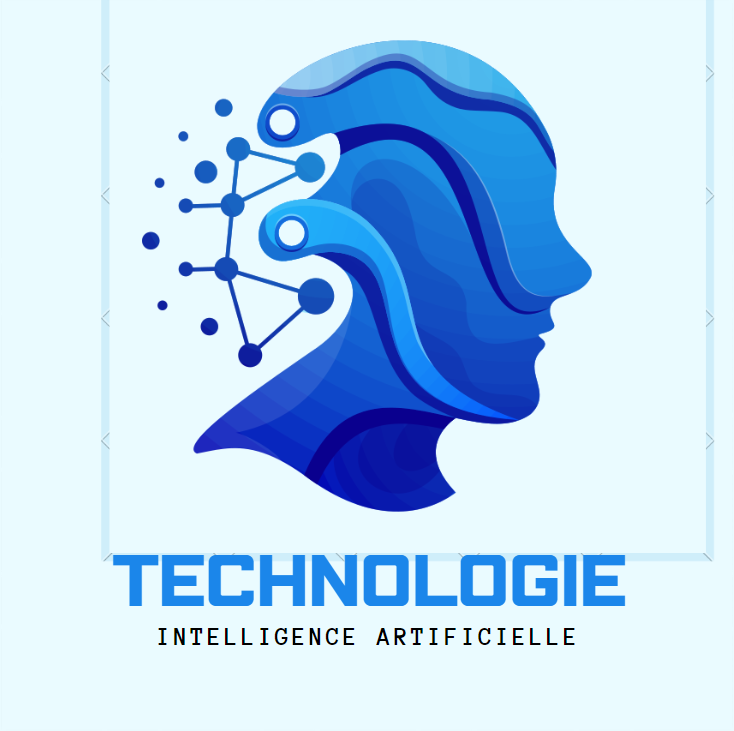using ai in drug discovery
In recent years, the intersection of artificial intelligence (AI) and drug discovery has emerged as a promising frontier in biomedical research. With the ability to analyze vast amounts of biological and chemical data, AI is revolutionizing the way new drugs are discovered, developed, and brought to market. By leveraging machine learning, deep learning, and other AI techniques, researchers can accelerate the drug discovery process, identify novel drug candidates, optimize drug design, and improve patient outcomes.
 |
| ai in drug discovery-using ai in drug discovery |
In this era of precision medicine, AI is empowering scientists to unlock new insights into disease mechanisms, personalize treatments, and address unmet medical needs. In this introduction, we'll explore the role of AI in drug discovery, its applications across various stages of the drug development pipeline, and the transformative impact it's having on the pharmaceutical industry.
What are the fields of AI?
Artificial intelligence (AI) encompasses a wide range of fields and subfields. Some of the main fields of AI include:
- Deep Learning: Deep learning is a specialized form of machine learning that uses artificial neural networks with many layers (deep neural networks) to learn complex patterns and representations from data. Deep learning has achieved remarkable success in tasks such as image recognition, natural language processing, and speech recognition
- Natural Language Processing (NLP): NLP is a field of AI that focuses on enabling computers to understand, interpret, and generate human language. This includes tasks such as text classification, sentiment analysis, machine translation, and language generation.
- Computer Vision: Computer vision is a field of AI that enables computers to interpret and analyze visual information from the real world. This includes tasks such as object detection, image classification, facial recognition, and image segmentation.
- Robotics: Robotics combines AI with mechanical engineering to design, build, and control robots that can perform tasks autonomously or semi-autonomously. This includes tasks such as robot navigation, manipulation, and interaction with the environment.
- Reinforcement Learning: Reinforcement learning is a type of machine learning that focuses on training agents to make sequences of decisions in order to maximize cumulative rewards. This approach is commonly used in areas such as game playing, robotics, and autonomous systems.
- Expert Systems: Expert systems are AI systems that emulate the decision-making ability of a human expert in a specific domain. These systems use rules and knowledge representations to provide advice, solve problems, or make decisions in areas such as medicine, finance, and engineering.
- Knowledge Representation and Reasoning: Knowledge representation and reasoning is a field of AI that focuses on representing knowledge in a computationally tractable form and using reasoning algorithms to derive new knowledge from existing knowledge. This includes techniques such as semantic networks, ontologies, and logical reasoning.
These are just a few of the main fields of AI, and the field continues to evolve rapidly with advancements in technology and research.
How has artificiel intelligence influenced drug discovery?
Artificial intelligence (AI) has influenced drug discovery in several significant ways:
- Accelerating Drug Design: AI algorithms can analyze vast amounts of biological and chemical data to design new drug molecules or optimize existing ones. By predicting the properties of potential drug candidates, such as their efficacy, safety, and pharmacokinetics, AI accelerates the early stages of drug discovery.
- Virtual Screening: AI-powered virtual screening methods help identify promising drug candidates from large libraries of compounds. By simulating molecular interactions and predicting how compounds will bind to target proteins, AI can prioritize the most promising candidates for further testing, reducing the time and resources required for experimental screening.
- Drug Repurposing: AI algorithms analyze existing drugs and their known targets to identify potential new uses for these drugs. This approach, known as drug repurposing or repositioning, can accelerate the development of treatments for new diseases by leveraging existing clinical data and safety profiles.
- Biological Data Analysis: AI techniques such as machine learning and deep learning are used to analyze complex biological data, including genomics, proteomics, and transcriptomics data. These analyses help researchers better understand disease mechanisms, identify new drug targets, and stratify patient populations for clinical trials.
- Clinical Trial Optimization: AI algorithms optimize clinical trial design and patient selection to improve trial outcomes and accelerate the drug development process. By predicting patient responses to treatment, identifying biomarkers for patient stratification, and optimizing dosing regimens, AI can reduce the time and cost of bringing new drugs to market.
- Drug Safety Assessment: AI methods predict the safety profiles of drug candidates by analyzing their chemical structures and biological properties. This helps identify potential adverse effects early in the drug development process, prioritize safer candidates for further development, and reduce the risk of late-stage clinical trial failures.
Overall, AI has the potential to significantly accelerate the drug discovery process, reduce costs, and improve the success rate of bringing new drugs to market. As AI technologies continue to advance, they are expected to play an increasingly important role in transforming the pharmaceutical industry.
Conclusion: artificial intelligence (AI) has emerged as a powerful tool in the field of drug discovery, revolutionizing the way new medicines are identified, designed, and developed. By leveraging AI techniques such as machine learning, deep learning, and data analytics, researchers can analyze vast amounts of biological and chemical data to accelerate the drug discovery process.
